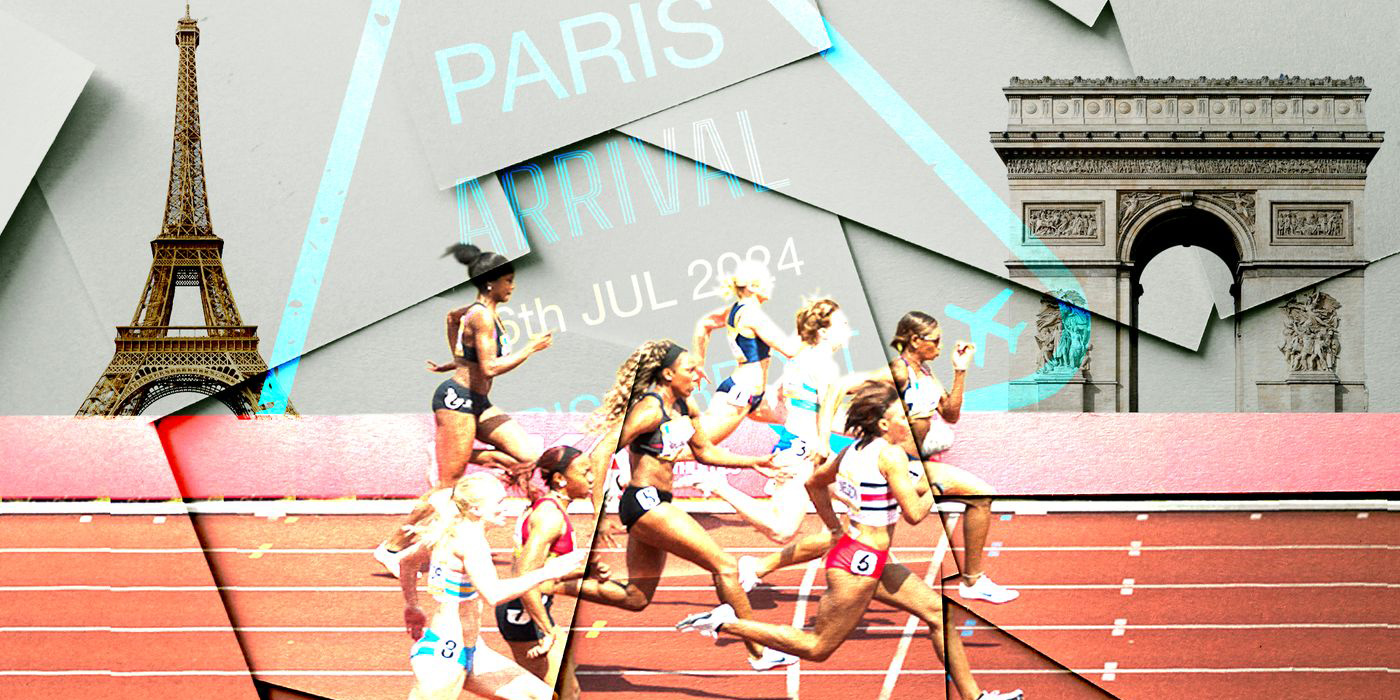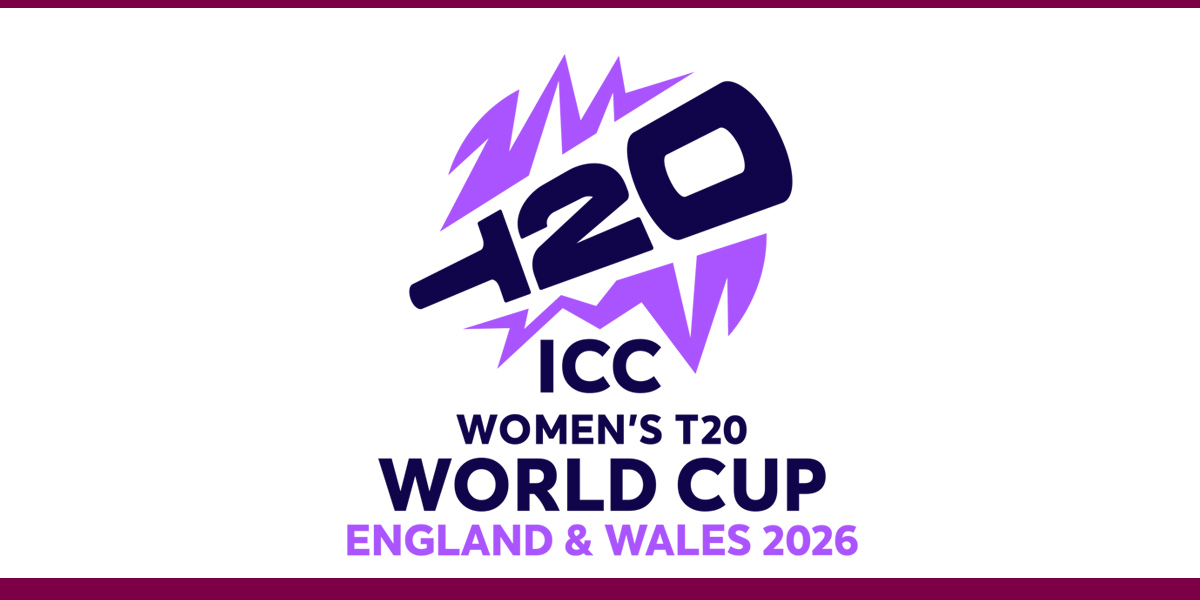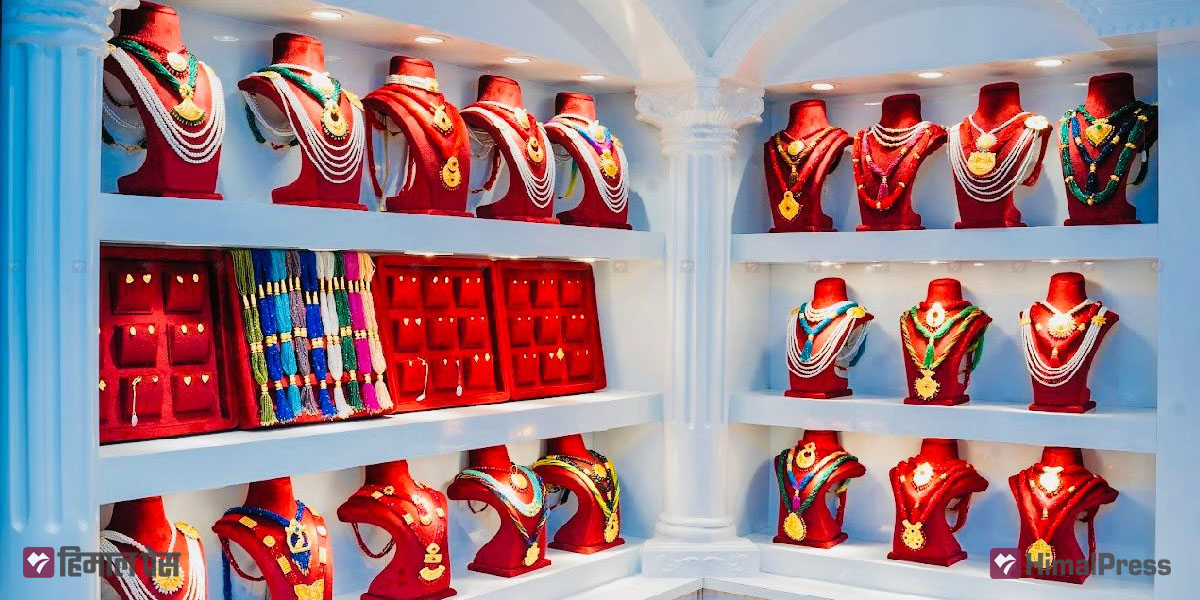 Illustration by Michael Joiner, 360info
Illustration by Michael Joiner, 360info
As the world descends on Paris for the biggest show in sport, the question must be asked if the Olympic Games still hold the same currency in 2024.
Since 1896, the modern Olympic Games has been one of the globe’s most coveted and beloved sporting mega-events. During the 20th century, the games were used as a stepping stone for a nation, to assert its collective ambition to the world.
A catalyst for change, catapulting cities such as Seoul and Barcelona into the collective conscious, the games were also hijacked as a way to project distorted visions of humanity from the Nazi Olympics of Berlin 1936, and the endless state-sponsored doping programs.
The games have platformed cries for equality from the black power salute of Mexico City 1968, and clashes of ideology that saw the United States and allies boycott the Moscow games in 1980 and then the USSR and its cohort to boycott Los Angeles Olympics four years later.
However as the games ventured into the new millennium and the performative aspects of nation-building lost their novelty in a world that grew less foreign through globalization, support for the games has waned.
The enormous TV contracts that buttress the billion-dollar industry of the International Olympic Committee now seem incongruous to the reality of a broadcast market in terminal decline, while the sheer scale of the cost and logistics involved in putting on these events continue to soar.
As Alexander Faure from L’École des Hautes études en Sciences Sociales, Paris writes: “The way cities host the Olympic Games is changing. Staging the event has become such a burden, fewer cities are interested in going to the trouble.”
While Tim Harcourt from the University of Technology Sydney believes that “a country doesn’t host the Olympic Games to make a profit”. Instead, it places nations in the world’s shop window.
The 2024 Olympic Games were handed to Paris in a brokered deal with the next games in Los Angeles in 2028, but these two cities were the only true contenders, just like the 2032 games in Brisbane, which had no competitor for the hosting rights.
It begs the question of what relevance the Olympic movement still holds as we lurch deeper into the 21st century. If the once peripheral exploits of political posturing, national brand management, and grand advertising play from major sponsors to captured audiences have lost their luster, is it anything more than just the world’s largest sports carnival?
Emma Sherry from RMIT University, Melbourne sees the opportunity for the Olympic Games to reimagine what they stand for saying that “by providing a platform for athletes to advocate for positive change, the Olympics can reinforce their role as a force for good, promoting not just physical excellence but also social progress”.
This can be seen through Australia’s skateboarding teenagers.
Indigo Willing from the University of Sydney writes about Arisa Trew and Chloe Covell who, at just 14, are both aiming to become the youngest Australian gold medallists in a sport once dominated by hyper-masculine men. Skateboarding at its second Olympics offers the opportunity for change.
One aspect that has always assumed importance with the Olympics is security. As Marco Lombardi and Maria Alvanou from the Catholic University of Sacred Heart in Milan argue, these games could be at a higher risk from terrorism than any other.
The task is now to see if the Olympic spirit that enraptured generations to create this force for global citizens, coming together to celebrate sporting excellence and togetherness can reimagine itself for a new age, with new heroes and iconic moments to bookmark the lives of those who witness it.
Guselli is Sydney Commissioning Editor for 360Info
(Originally published under Creative Commons by 360info™.)




















